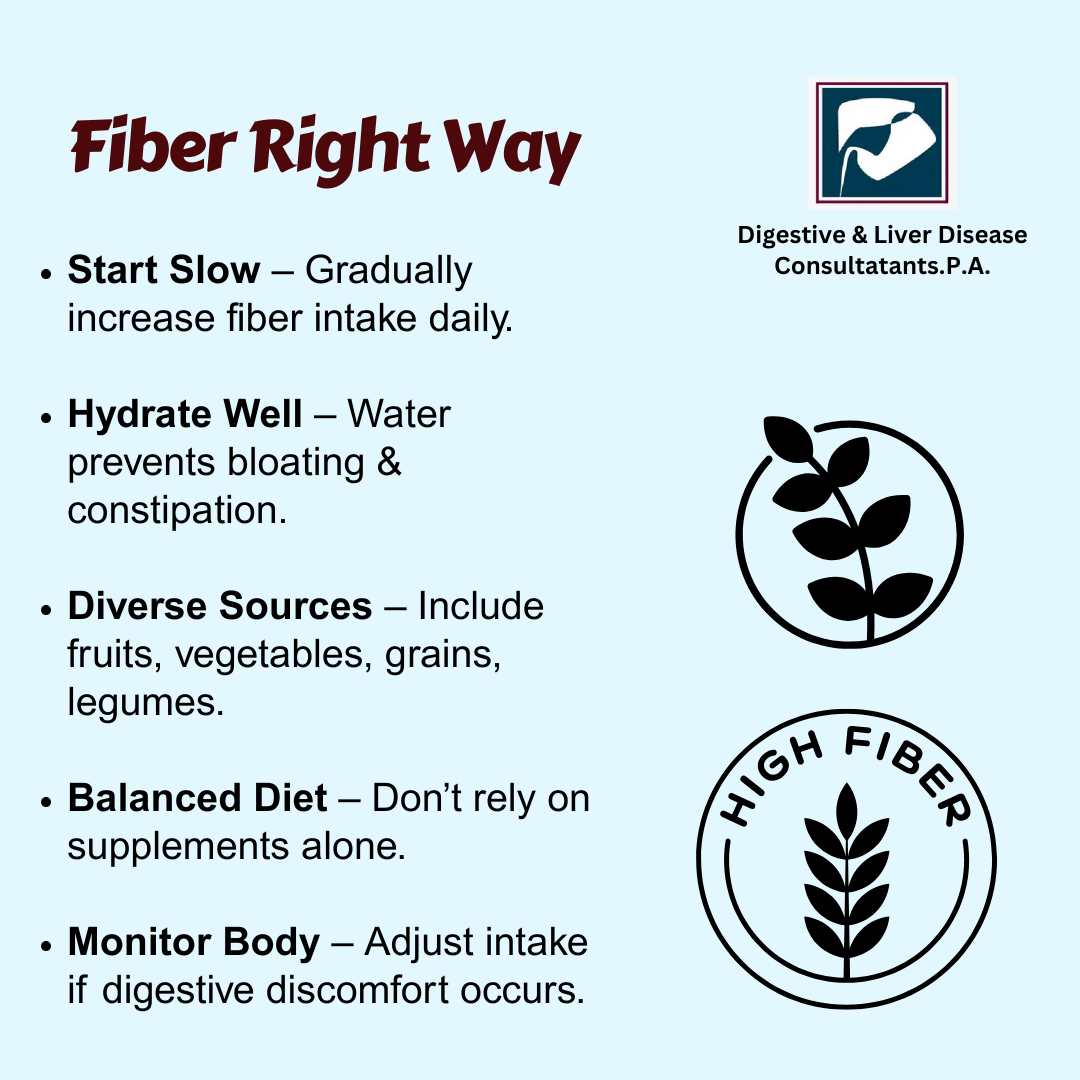Fiber has long been celebrated as a cornerstone of digestive health. From improving bowel regularity to supporting heart health, fiber plays a critical role in overall wellness. Yet, in recent years, fiber has also become the subject of viral health trends and social media fads. From fiber-packed powders to extreme dietary regimens, it can be challenging to separate helpful advice from hype. Understanding how to consume fiber safely and effectively is essential for maintaining digestive wellness without falling for risky trends.
Why Fiber Matters for Your Digestive Health
Fiber is a type of carbohydrate that the body cannot digest. Unlike other carbs, it passes relatively intact through your digestive system, providing several key benefits:
- Supports Regular Bowel Movements – Fiber adds bulk to stool, helping to prevent constipation and maintain regularity.
- Promotes Healthy Gut Bacteria – Soluble fiber acts as a prebiotic, feeding beneficial gut bacteria that support digestion and immunity.
- Helps Manage Blood Sugar Levels – By slowing digestion, fiber can reduce sudden spikes in blood sugar.
- Supports Heart Health – Soluble fiber can help lower LDL cholesterol, reducing the risk of heart disease.
- Assists with Weight Management – High-fiber foods promote satiety, helping you feel fuller for longer and supporting weight control.
Despite these benefits, it is important to consume fiber in safe amounts and through natural sources rather than relying on extreme trends or supplements alone.

Common Fiber Fads to Approach with Caution
Social media and popular diet trends often promote excessive fiber consumption or one-size-fits-all approaches. Some common fads include:
Fiber Supplements in Excessive Doses – While supplements can help meet fiber needs, taking too much too quickly can cause bloating, gas, or diarrhea.
Fiber-Only Diets – Diets that focus heavily on fiber-rich foods while neglecting protein, healthy fats, and other nutrients can lead to imbalances.
Extreme “Cleanse” Plans – Some cleanse programs claim that massive fiber intake can detox the body. This is not supported by scientific evidence and may irritate the digestive tract.
Understanding the risks of these trends can help you make informed choices and prioritize long-term digestive health over short-term results.
How to Add Fiber Safely to Your Diet
The recommended daily fiber intake for adults is about 25 grams for women and 38 grams for men. Meeting these targets is best achieved gradually and through a variety of foods:
Start Slowly – Increase fiber intake over a few weeks to allow your digestive system to adjust.
Prioritize Whole Foods – Fruits, vegetables, whole grains, legumes, nuts, and seeds are natural, fiber-rich options.
Stay Hydrated – Fiber works best with adequate water intake. Insufficient fluids can worsen constipation.
Balance Soluble and Insoluble Fiber – Soluble fiber (found in oats, apples, beans) helps with digestion and cholesterol. Insoluble fiber (found in whole wheat, brown rice, vegetables) adds bulk and prevents constipation.
Mix Fiber Sources – Combining different types of fiber ensures you benefit from a variety of nutrients and gut-supporting compounds.
Gradual, balanced fiber incorporation is far safer and more effective than extreme diets or high-dose supplements.
Listening to Your Body
Each person’s digestive system reacts differently to fiber. It is important to pay attention to your body’s signals:
- Gas and Bloating – Mild bloating is common when increasing fiber intake, but severe discomfort may indicate you need to slow down.
- Diarrhea or Constipation – Adjust your fiber sources or fluid intake if bowel habits become irregular.
- Food Sensitivities – Some high-fiber foods, like beans or certain grains, may trigger discomfort for sensitive individuals.
Keeping a food diary and tracking your digestive responses can help you identify the fiber sources that work best for you.
The Role of Digestive & Liver Disease Consultants, P.A.
At Digestive & Liver Disease Consultants, P.A., our team specializes in managing digestive and liver health with a patient-focused approach. We provide expert guidance on nutrition, including safe and effective ways to incorporate fiber into your diet. Our gastroenterologists are trained to evaluate your digestive needs and create personalized plans that support long-term gut wellness.
Whether you are managing chronic constipation, irritable bowel syndrome, or other digestive conditions, our team combines clinical expertise with compassionate care. We emphasize evidence-based nutrition advice, helping you navigate the flood of information from social media and wellness trends.
Practical Fiber Tips for Everyday Life
- Start Your Day with Fiber – Add fruit or whole-grain cereals to your breakfast.
- Snack Smart – Opt for nuts, seeds, or fresh vegetables instead of processed snacks.
- Incorporate Legumes – Beans, lentils, and chickpeas are excellent fiber sources and versatile in meals.
- Choose Whole Grains – Swap white bread, pasta, and rice for whole-grain alternatives.
- Add Vegetables to Every Meal – Aim for colorful plates to increase both fiber and micronutrients.
By integrating these small, sustainable changes, you can achieve the fiber intake your body needs without falling for extreme trends.
Conclusion
Fiber is an essential part of a healthy diet, but it is important to approach it safely. Avoid extreme diets, viral fads, or excessive supplements. Focus on a gradual increase in fiber from natural, whole-food sources, stay hydrated, and listen to your body’s signals.
If you suffer from digestive issues, contact Digestive & Liver Disease Consultants, P.A. today for a comprehensive evaluation and personalized care plan.






